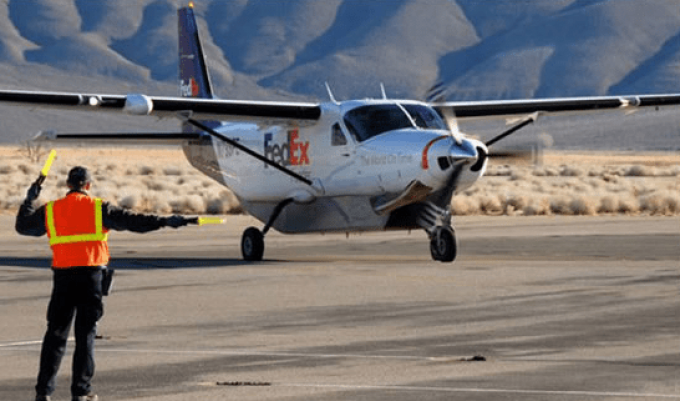Analysis: DHL Group – the bear dance
It strengthens after dismal FedEx update

FedEx Express has launched a pilot training scheme as one airline association warns of a “endemic” pilot shortage across the US.
The express operator’s Purple Runway programme will assist feeder carriers Mountain Air Cargo and Empire Airlines in recruiting and developing pilots.
FedEx chief executive Fred Smith ...

Comment on this article
Sherman Kensinga
April 04, 2018 at 1:12 amNo, pilot lifetime earnings are not “higher than ever”, they are certainly the lowest they have ever been. From decades suffering at the new regionals, to pay at majors just rising from pay negotiated in bankruptcy, to loss of huge pensions, it is at a record low and unlikely to rise long-term. Plus, airline pilots are flying more hours, more nights and weekends and holidays, than ever before. Cheaper hotels, cheaper benefits, tough and unpredictable schedules, no comparison to doctors or lawyers. Law schools and med schools are also expensive, and they are full, because the career is worth it.
American kids stopped going into commercial flight schools because the career isn’t worth it. The internet and flow of information killed the supply of pilots. The reality of the aviation industry cutting pilot labor costs below what can attract young people, killed the supply of pilots.
The 1,500-hour rule is certainly not a factor. Until relatively recently, major airlines and cargo would not take an application from a pilot with less than 3,000 hours. That dropped to 2,000 hours in the ’90s when airlines hired hard for years. It was a hard job to get and young climbed higher hurdles than they have now, because the job was worth it. If the 1,500-hour rule is eliminated, a few hundred pilots will leave their instructing positions at all the big flight academies, and they will shut down. They are already down to less than half the instructors they need, most stay less than a year.